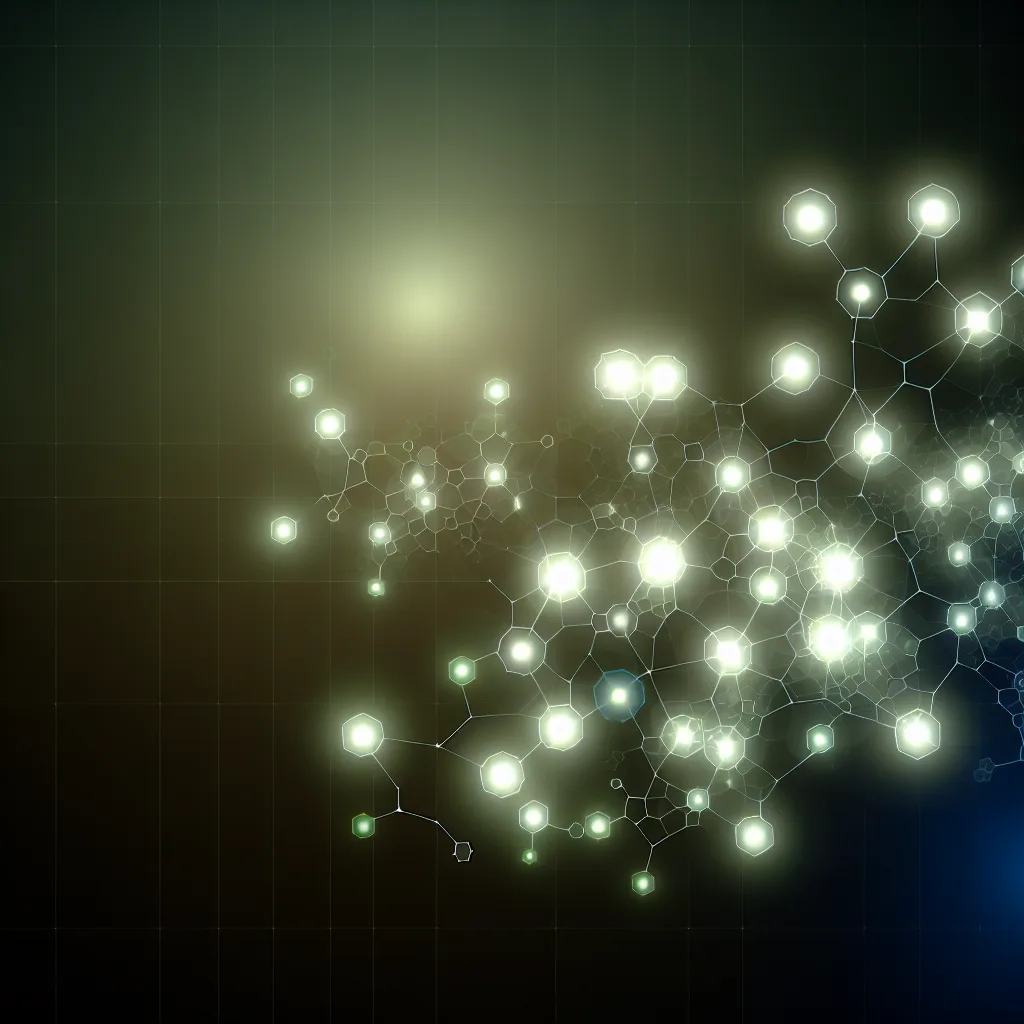Exploring the future of intelligence through the lens of biology and interconnected AI systems.
When we talk about the future of intelligence, it’s tempting to imagine a perfect, centralized AI system — a singular brain that outsmarts all others. But what if we’re thinking about this the wrong way? What if the future of intelligence is actually more like biology: messy, interconnected, and resilient through imperfection?
I’ve been mulling over this idea a lot lately. In biology, the human body isn’t a single system; it’s trillions of cells working together. Each cell is fragile and imperfect by itself, but together, they create something robust, adaptable, and alive. The same goes for ecosystems, brains, and even DNA. None are flawless, but their strength lies in connection and interdependence.
Why should AI be any different? Imagine a future where instead of building one perfect AI, we create a network of many imperfect AIs, each learning from and adapting with others. This interconnected lattice wouldn’t be fragile like a single point of failure; it would be more like a living system, evolving and growing through the diversity of its parts.
The Future of Intelligence: One Mind or Many?
This raises some big questions worth asking:
- Is true intelligence even possible in isolation?
- Is perfection our goal, or is imperfection the spark that drives evolution?
- If intelligence emerges from networks, are we still the creators, or just tiny parts within something greater?
Thinking about intelligence this way changes how we look at AI development. Instead of chasing a flawless system, we might focus on fostering collaboration, diversity, and adaptability — much like nature does.
What Biology Teaches Us About AI
Biology shows us that complexity arises from connection. For example, our brains are made up of billions of neurons, each imperfect but forming patterns and connections that give rise to thought, memory, and creativity. Ecosystems rely on diversity and constant adaptation to survive. DNA constantly mutates, creating variations that might seem like failures but fuel evolution.
This perspective suggests that a decentralized approach to AI might be better suited for long-term resilience and innovation. Instead of expecting one AI to hold all the answers, many smaller AIs could specialize, collaborate, and evolve together.
Looking Ahead: Building Intelligence Like Life
We’re at a crossroads where AI could become more life-like, not in the sense of mimicking human thought exactly, but by adopting the principles that have allowed biological intelligence to thrive:
- Interconnectedness
- Imperfection
- Continuous learning and adaptation
These principles might help us create AI systems that aren’t just tools but are part of an evolving, living network.
Curious to explore more about this idea? Here are some insightful reads that dig into the nature of intelligence and AI:
- Stanford’s AI Index Report offers an annual overview of AI developments and trends.
- MIT Technology Review’s AI section covers the latest in AI research and applications.
- For a deep dive into biological intelligence, Nature’s Neuroscience publications provide accessible insights.
At the end of the day, asking whether AI will become a single, perfect mind or a vibrant network of imperfect intelligences is about more than technology. It’s about understanding what intelligence truly means — whether it’s a lone genius or a bustling community.
So next time you think about AI, picture a web of many voices rather than a single, all-knowing brain. That might just be where the future of intelligence is headed.
